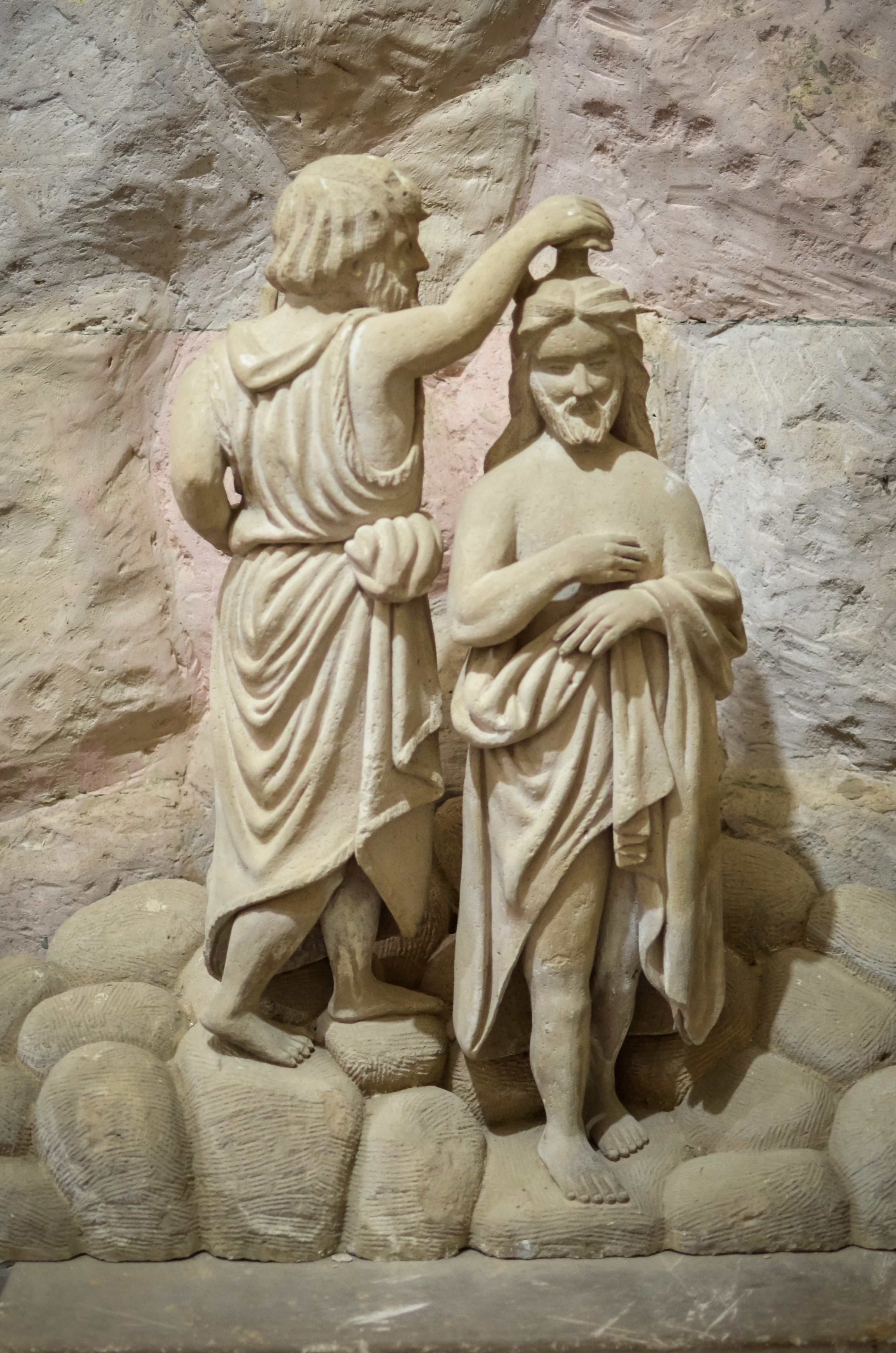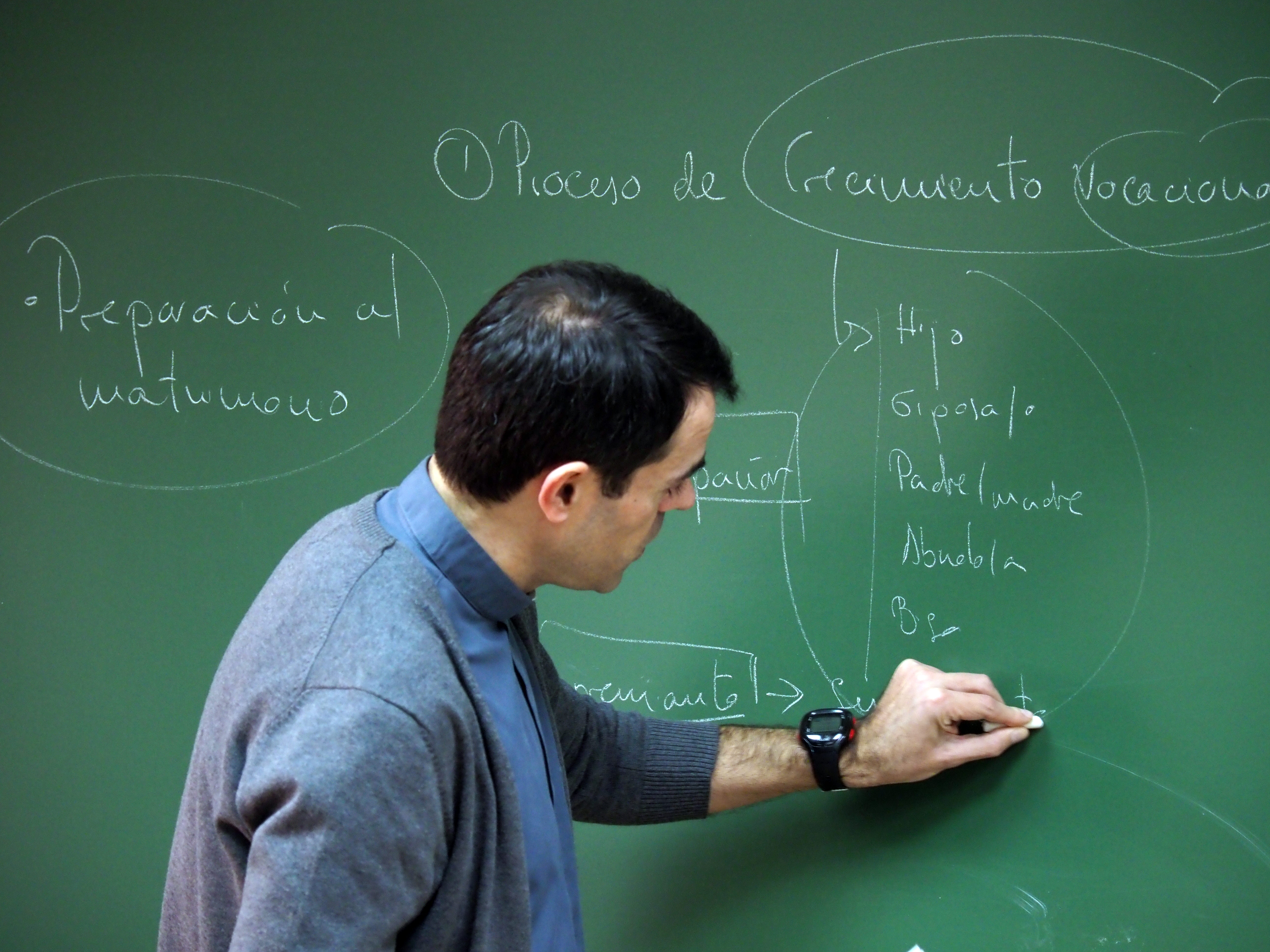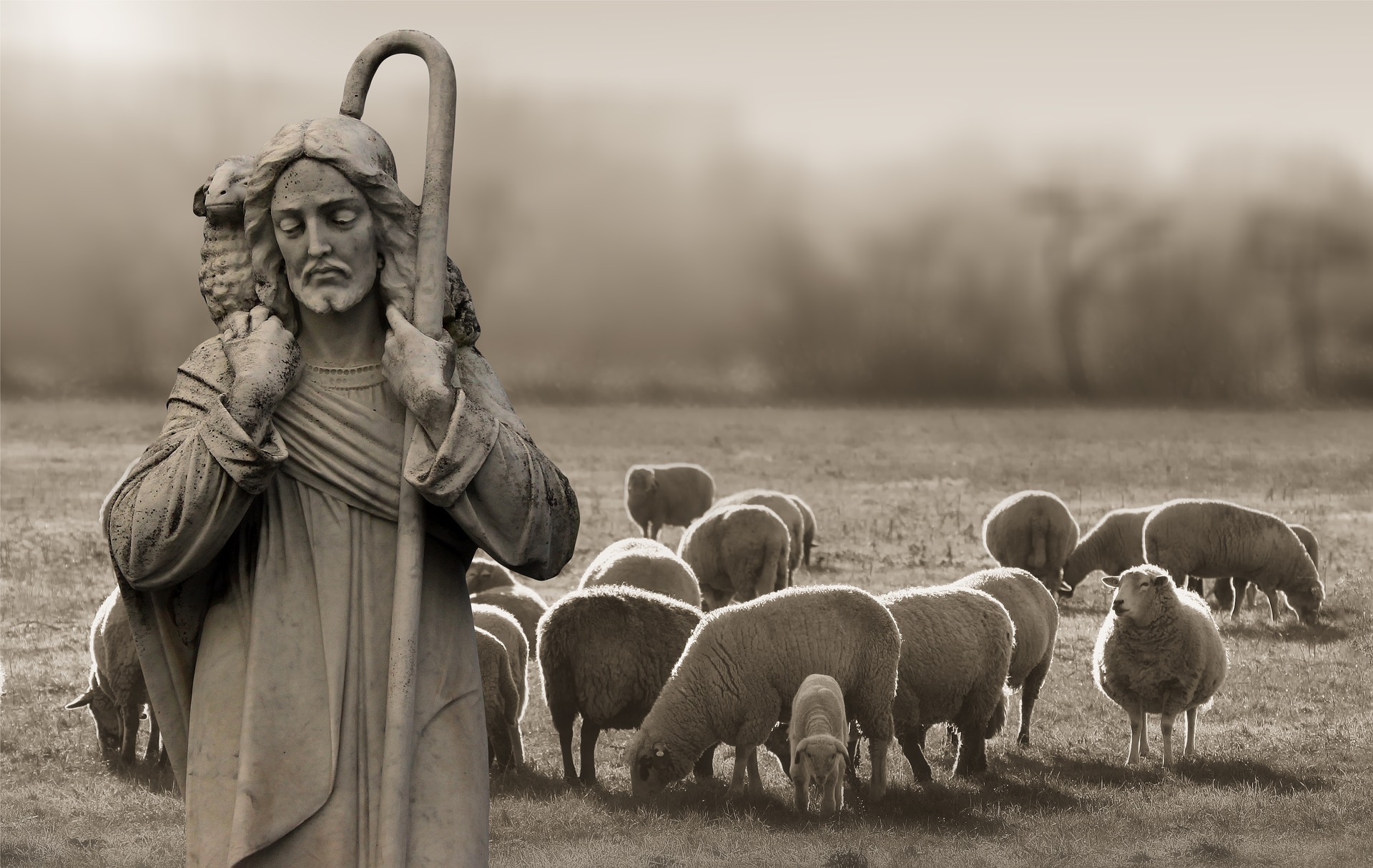The story in today’s Gospel has always stood out in my mind. It paints such a vivid picture. I can almost see the men making a hole in the roof and lowering their friend on a mat into the crowded room.
One interesting detail intrigues me: Mark says when Jesus saw their faith, he told the man his sins were forgiven. I’ve heard it said that it was the faith of the men who were carrying him that Jesus saw, and the paralytic man got the benefits of their faith in action.
While it is certainly true that he did, I would argue that the paralytic man must have had faith all his own. He was also seeking out Jesus. He agreed to the risk of falling and incurring bodily injury because he knew it would be worth it.
In our lives today, I think we need to be willing to both carry and to be carried. Sometimes demonstrating our faith means taking direct action, and sometimes it means cooperating with God and others who can do what we can’t do ourselves.
La historia del Evangelio de hoy siempre ha estado presente en mi mente. Pinta una imagen tan vívida. Casi puedo ver a los hombres haciendo un hueco en el techo y bajando a su amigo sobre una colchoneta en una habitación llena de gente.
Un detalle interesante me intriga: Marcos dice que cuando Jesús vio su fe, le dijo al hombre que sus pecados estaban perdonados. He oído decir que lo que Jesús vio fue la fe de los hombres que lo llevaban, y el hombre paralítico obtuvo los beneficios de su fe en acción.
Si bien es cierto que lo hizo, yo diría que el hombre paralítico debe haber tenido fe propia también. Él también estaba buscando a Jesús. Estuvo de acuerdo con el riesgo de caerse y sufrir lesiones corporales porque sabía que valdría la pena.
En nuestra vida actual, creo que debemos estar dispuestos tanto a llevar como a ser llevados. A veces, demostrar nuestra fe significa tomar acción directa y, a veces, significa cooperar con Dios y con otros que pueden hacer lo que nosotros mismos no podemos.
 J.M. Pallas has had a lifelong love of Scriptures. When she is not busy with her vocation as a wife and mother to her “1 Samuel 1” son, or her vocation as a public health educator, you may find her at her parish women’s bible study, affectionately known as “The Bible Chicks.”
J.M. Pallas has had a lifelong love of Scriptures. When she is not busy with her vocation as a wife and mother to her “1 Samuel 1” son, or her vocation as a public health educator, you may find her at her parish women’s bible study, affectionately known as “The Bible Chicks.”
Feature Image Credit: pixabay.com/photos/ski-patrol-winter-rescue-safety-2410/











